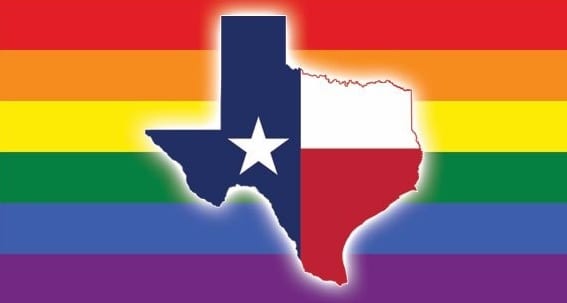By Banning Same-Sex Marriage, Texas Losing Out On Big Business
Weddings touch all of our lives at one point or another. If you're single, you've probably attended at least one, or have even been a part of the wedding party. And if you're volunteer or staff member in a faith community, then you've probably been to more weddings than you can possibly count. For all of … Continue Reading ››
